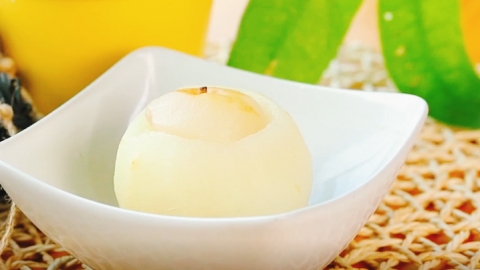Can people with high blood sugar eat pears?
Generally, individuals with high blood sugar can consume pears in small amounts, but should strictly control the portion size and choose the appropriate timing. Pears are not recommended when blood sugar fluctuates greatly or is not stably controlled. If in doubt, it is advisable to consult a healthcare professional in advance. Detailed analysis is as follows:

If blood sugar is relatively well-controlled, and both fasting and postprandial blood glucose levels are within a reasonable range, a small amount of pears can be consumed between meals. Pears contain dietary fiber, which can delay sugar absorption. Each serving should be limited to about 100 grams, while reducing the amount of staple food in the next meal to avoid exceeding total calorie intake. This generally will not cause significant blood sugar fluctuations.
If blood sugar control is poor, with frequent episodes of hyperglycemia or large fluctuations, or if the individual is experiencing an acute diabetic complication, eating pears is not recommended. Pears contain a certain amount of sugar, and consumption at such times may worsen blood sugar instability, which is unfavorable for disease management. Additionally, drinking pear juice or consuming canned pears is not advised, as these processed forms lead to faster sugar absorption and can more easily elevate blood glucose levels.
Individuals with high blood sugar should monitor their blood glucose changes after consuming pears to understand their personal response. Fresh pears should be prioritized, and combinations with high-sugar ingredients should be avoided.










